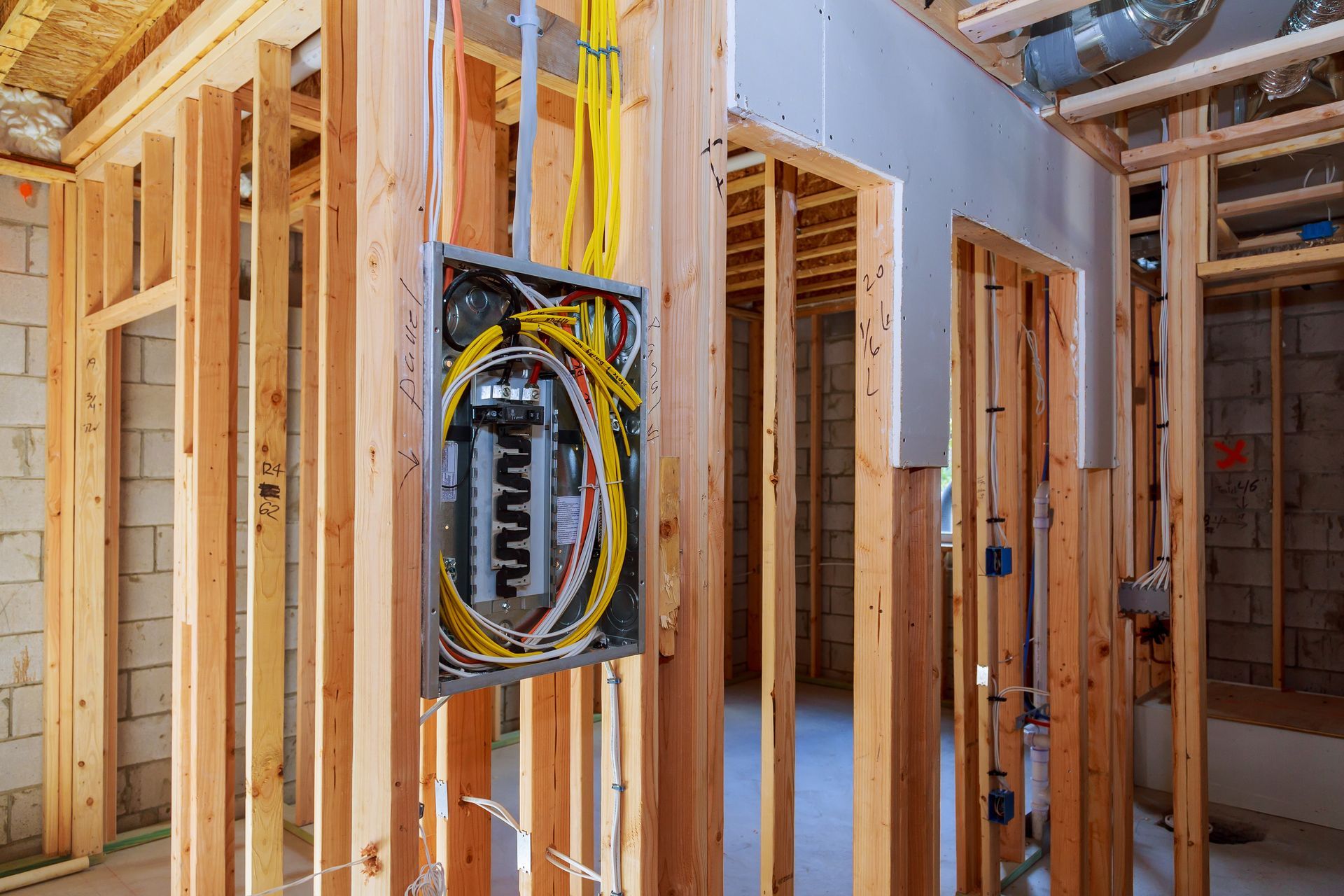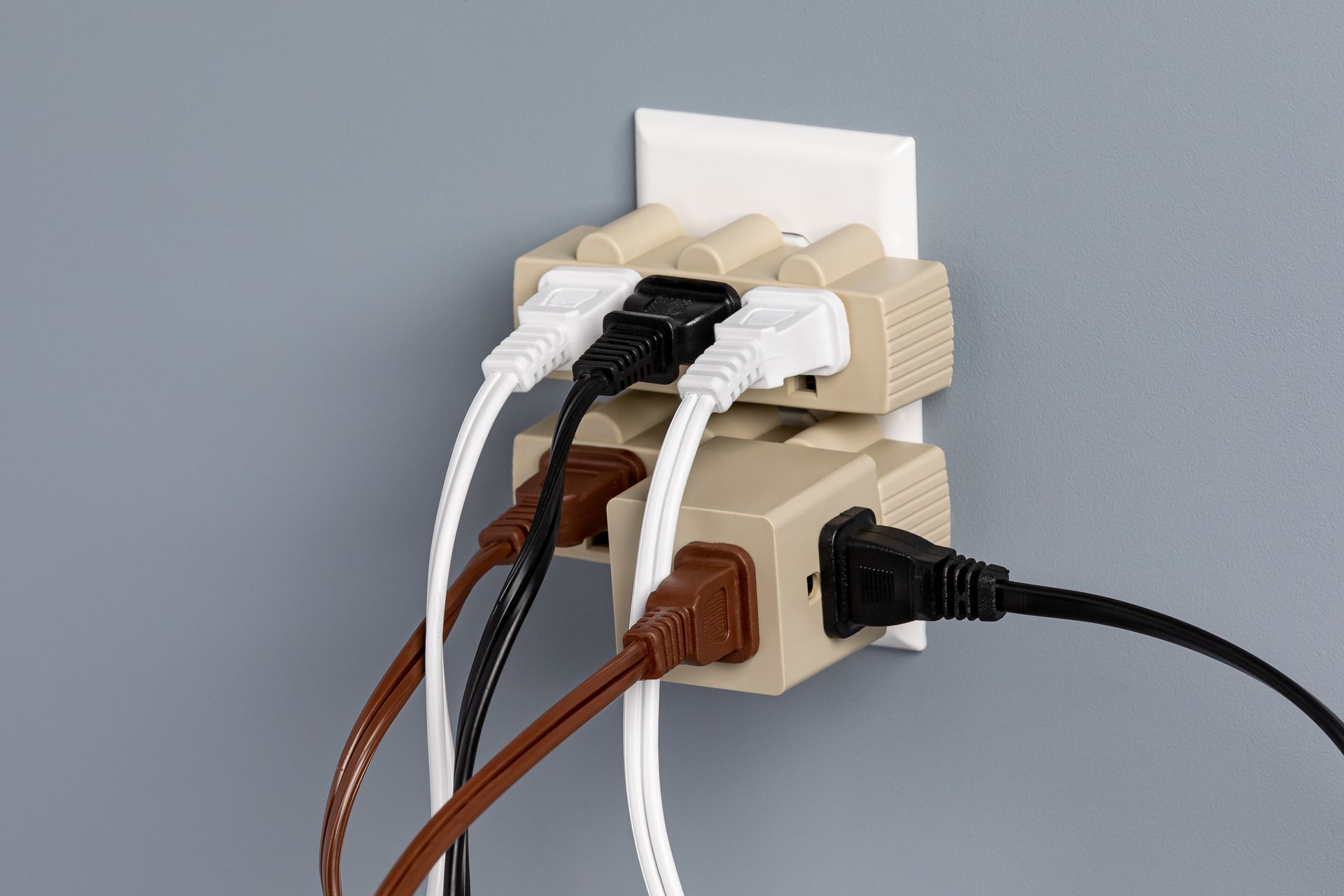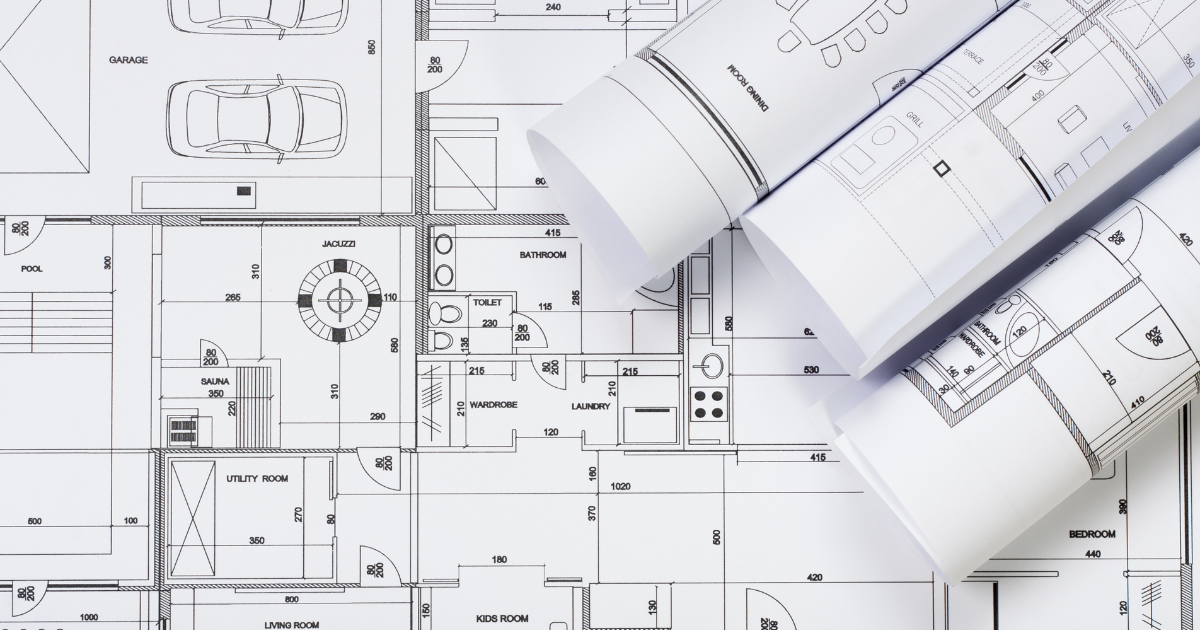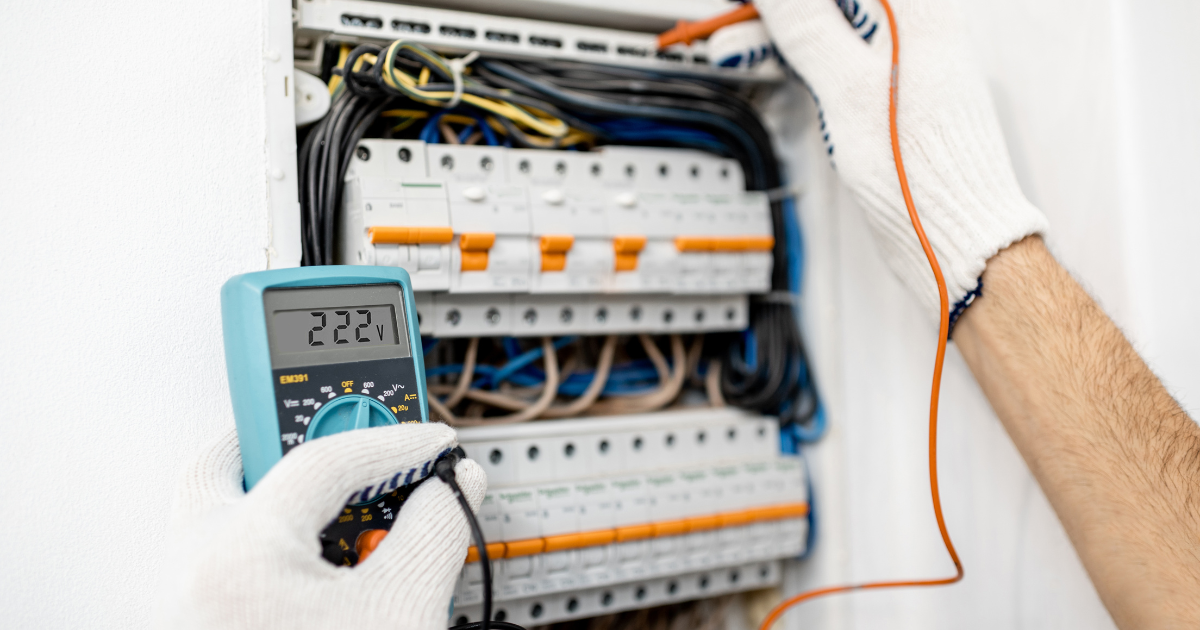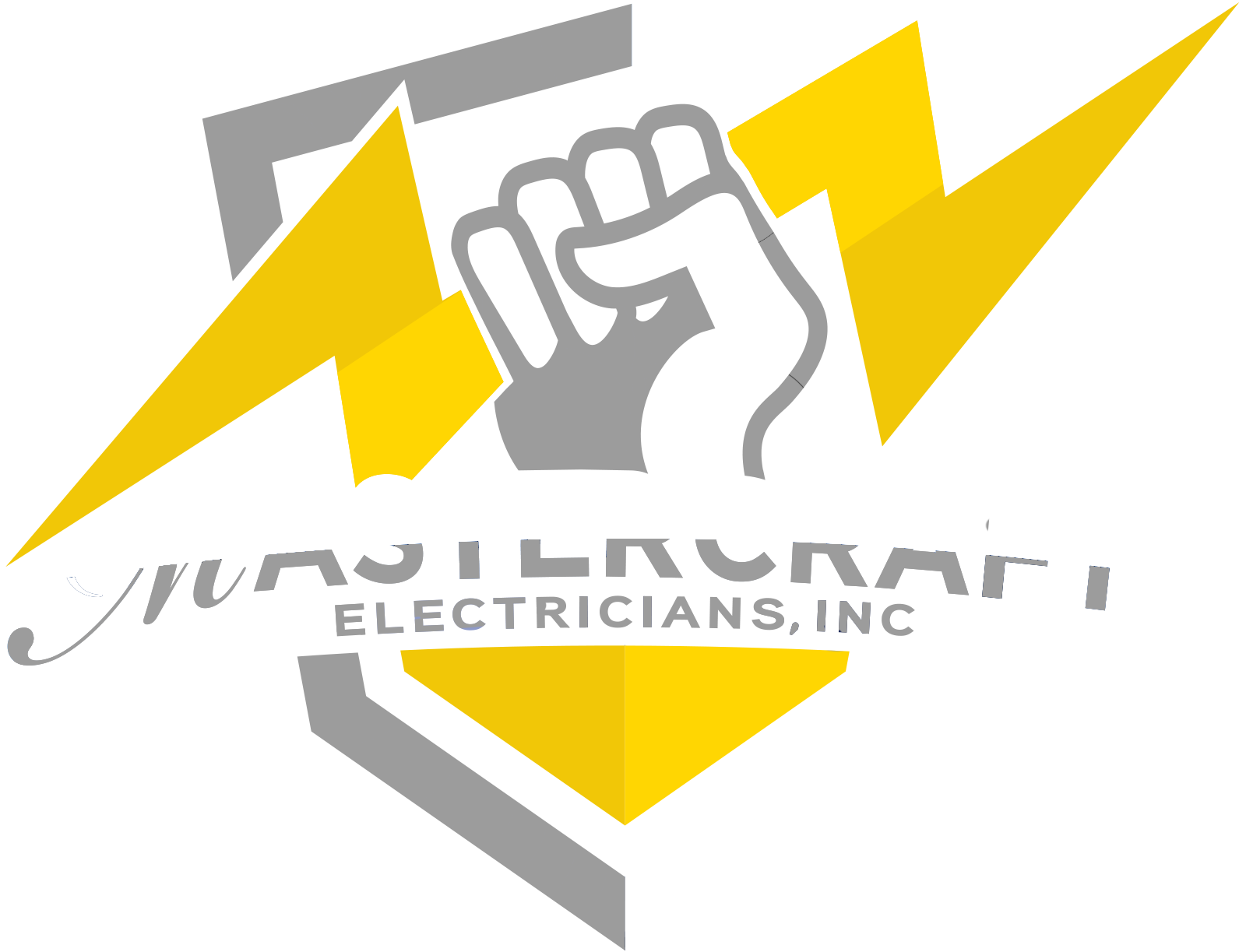Summer Electrical Safety: Keeping Cool and Safe
Summer is the season for sunshine, outdoor activities, and trying to stay cool indoors. As temperatures rise, so does air conditioners and other cooling appliances, which can strain your electrical system. To help you stay cool and safe this summer, here are some essential electrical safety tips for using air conditioners and other summer appliances.
1. Check Your Air Conditioner Before Use
Inspect your air conditioner before the summer heat hits to ensure it’s in good working order. Check the power cord for any wear or damage, and ensure the plug fits snugly into the outlet. If you notice any issues, have your unit serviced by a professional before using it.
2. Avoid Overloading Circuits
Air conditioners, fans, and other cooling appliances can draw significant power, which can overload circuits if not appropriately managed. Avoid plugging multiple high-energy devices into the same outlet or power strip. If your circuit breakers frequently trip, upgrading your electrical panel to handle the increased load may be time.
3. Use the Correct Extension Cords
If you must use an extension cord with your air conditioner or other cooling appliances, ensure it’s a heavy-duty cord rated for the appliance’s wattage. Using an undersized extension cord can cause overheating and increase fire risk. It’s best to plug air conditioners directly into a wall outlet for safety.
4. Keep Air Vents and Filters Clean
Clogged air vents and dirty filters can cause your air conditioner to work harder, leading to overheating and potential electrical problems. Clean or replace filters regularly, and ensure that air vents are free of obstructions. This will help your unit run efficiently and reduce the risk of electrical issues.
5. Install Ground Fault Circuit Interrupters (GFCIs)
Ground Fault Circuit Interrupters (GFCIs) are designed to protect against electrical shock by cutting off power if a ground fault is detected. Install GFCIs in areas where water and electricity are close, such as near pools, outdoor outlets, and bathrooms. This is especially important when outdoor activities and poolside fun are common during summer.
6. Practice Safe Outdoor Electrical Use
When setting up outdoor fans, lights, or other electrical devices, ensure they are rated for outdoor use. Outdoor-rated devices are designed to withstand the elements and reduce the risk of electrical hazards. Always use outdoor-rated extension cords and keep them away from water sources.
7. Unplug Appliances When Not in Use
To conserve energy and reduce the risk of overheating, unplug air conditioners, fans, and other cooling appliances when they’re not in use. This practice also protects your appliances from power surges during summer storms.
8. Install Surge Protectors
Summer storms and increased energy usage can lead to power surges, damaging your appliances and electronics. Protect your air conditioners, fans, and other devices by using surge protectors. Consider installing a whole-house surge protector to safeguard your entire electrical system for comprehensive protection.
9. Stay Hydrated, Not Wet
Keep drinks and other liquids away from electrical devices. Accidental spills can cause short circuits and increase the risk of electrical shock. When handling electrical appliances, ensure your hands are dry to avoid accidents.
10. Schedule a Professional Electrical Inspection
Before the summer season, consider scheduling a professional electrical inspection to ensure your system is ready to handle the increased load. A licensed electrician can identify potential issues, recommend necessary upgrades, and help you maintain a safe and efficient electrical system throughout the summer.
Conclusion
Staying cool during the summer is essential, but staying safe while using your cooling appliances is equally important. Following these electrical safety tips lets you enjoy a comfortable and worry-free summer. Remember, if you encounter any electrical issues or need expert advice, Mastercraft Electricians is here to help. Contact us today for all your electrical needs.


